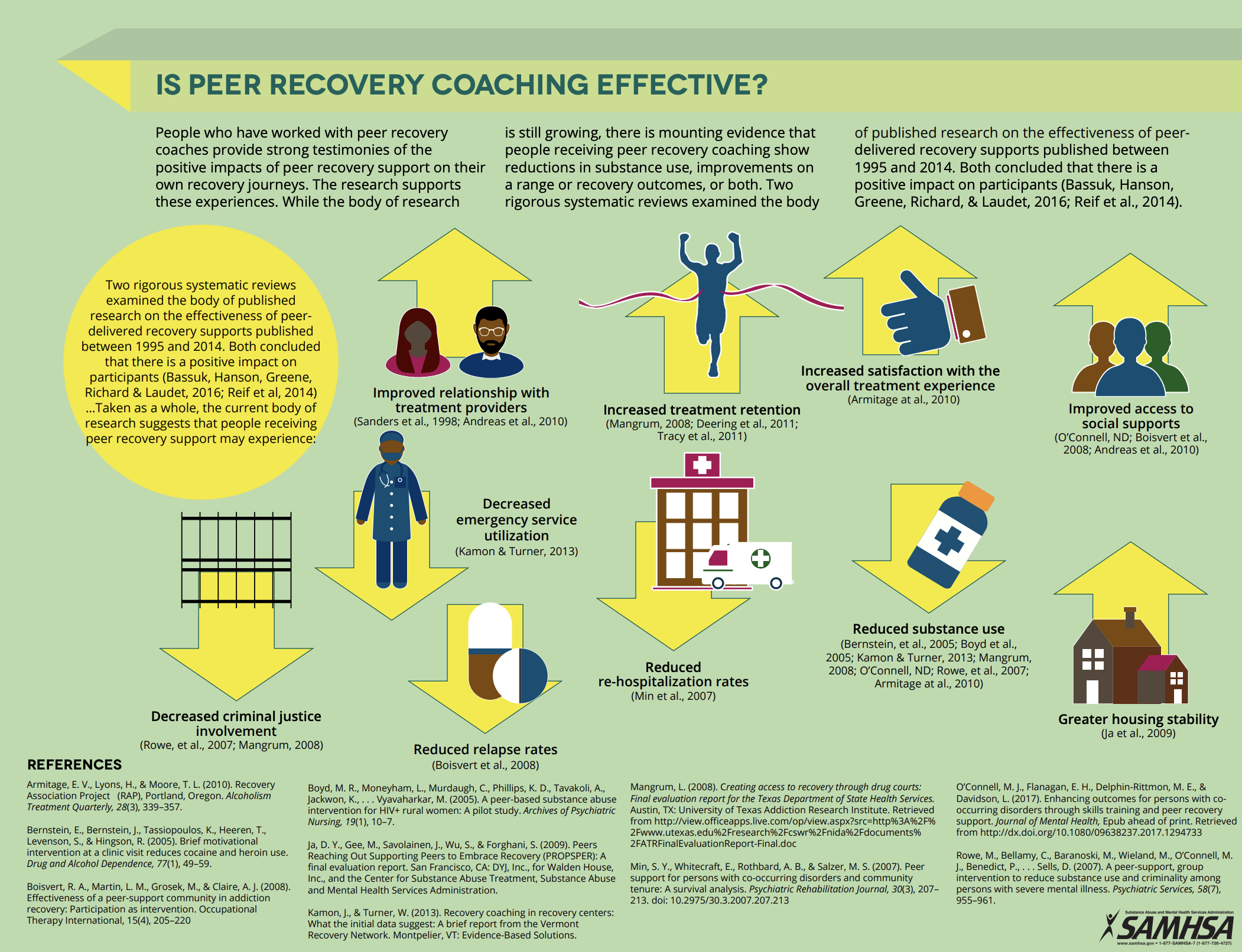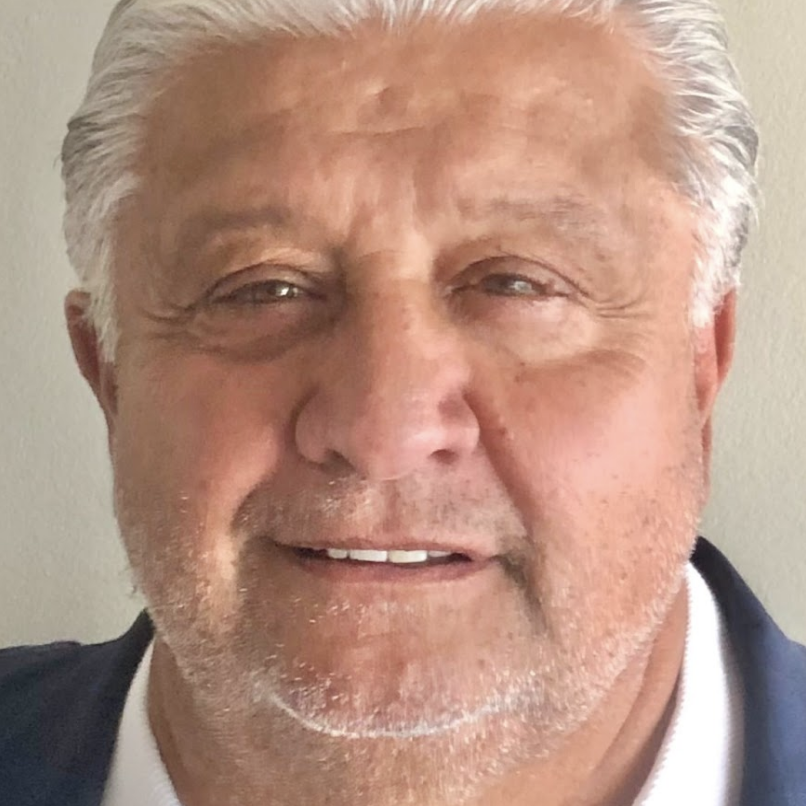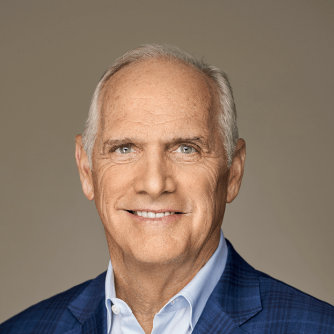Creating Recovery-Ready Workplaces
In April, the Biden administration released its National Drug Control Strategy as a comprehensive outline to address the current opioid crisis. In response to the harrowing number of overdose deaths in 2021 (≈106,000 lives), the 127-page document prioritizes actions that will save lives and get people the care they need.
The Strategy defines the four major dimensions of recovery as home, health, purpose, and community. Thus, recovery is measured by recovery capital—the resources that individuals develop and rely on to sustain and enhance their lives in recovery. Examples of recovery capital include internal resources such as coping skills, resilience, and perseverance as well as external assets such as family, a supportive community, and employment or meaningful work.
A major focus of the Strategy is creating Recovery-Ready Workplaces, characterized by effective policies and procedures that:
- Expand employment opportunities for people in or seeking recovery
- Encourage and facilitate help-seeking among employees with substance use disorder - Streamline access to essential services including treatment and recovery support - Inform employees in recovery about their rights to reasonable accommodations and other protections to help keep their jobs
Recovery-ready workplaces can be instrumental to employers, employees, and the broader public in reducing turnover, enhancing productivity, reducing health care costs, expanding the workforce, and promoting overall well-being and recovery.
Employers can be at the forefront of combating stigma and misunderstanding by fostering a conscientious and compassionate culture that recognizes SUD as a health condition and welcomes and supports individuals in or seeking recovery.
Is your workplace Recovery-Ready? Lead the way!
The Impact of Peer Recovery Coaching
The long-term management required for chronic conditions such as SUD should mean long-term care. Manifesto Health’s peer recovery coaches extend the level of care into real-world scenarios where it's needed most, such as finding meaningful work and reaching the crucial one-year mark in recovery.
A peer recovery coach brings the lived experience of recovery, combined with training and supervision, to assist others in initiating and maintaining recovery. Through shared understanding and mutual empowerment, peer support workers help people become and stay engaged in the recovery process and reduce the likelihood of relapse.
*Infographic provided by SAMHSA















